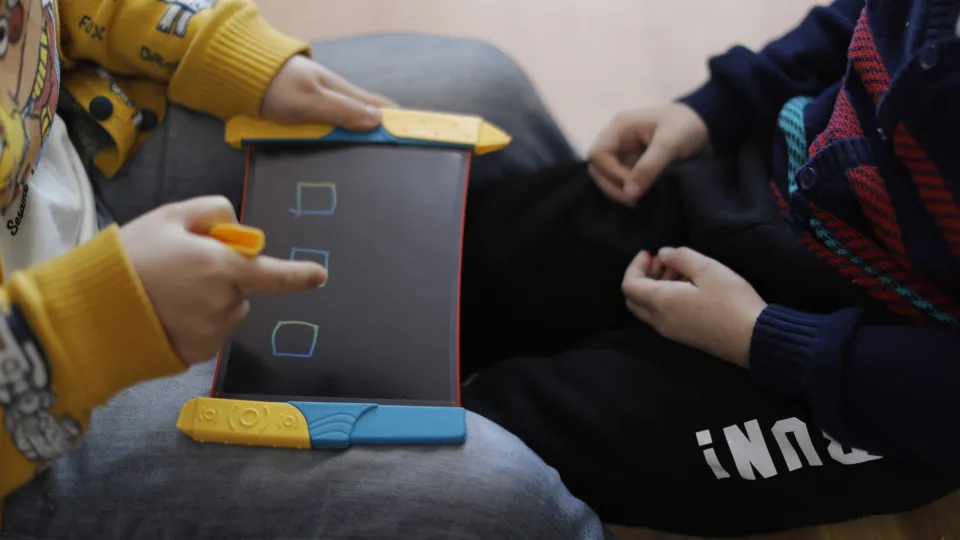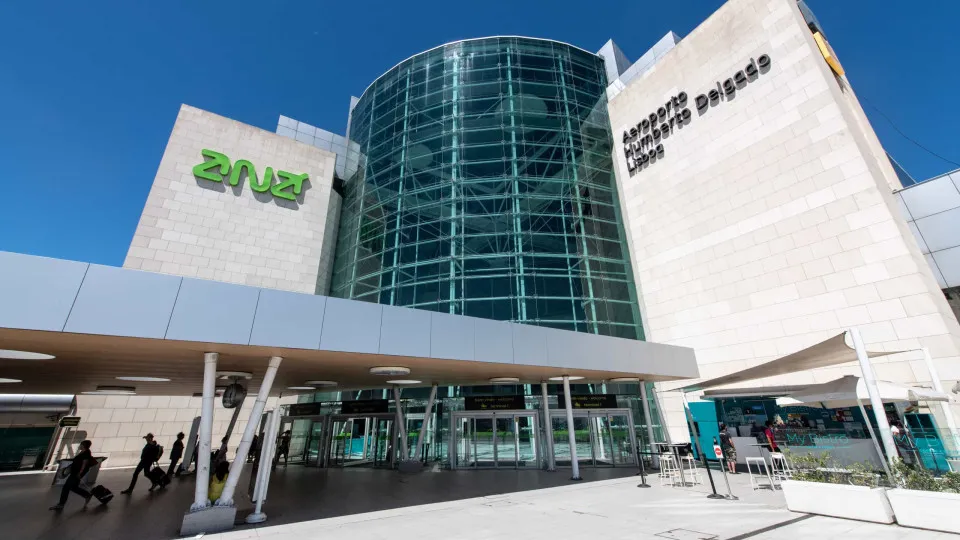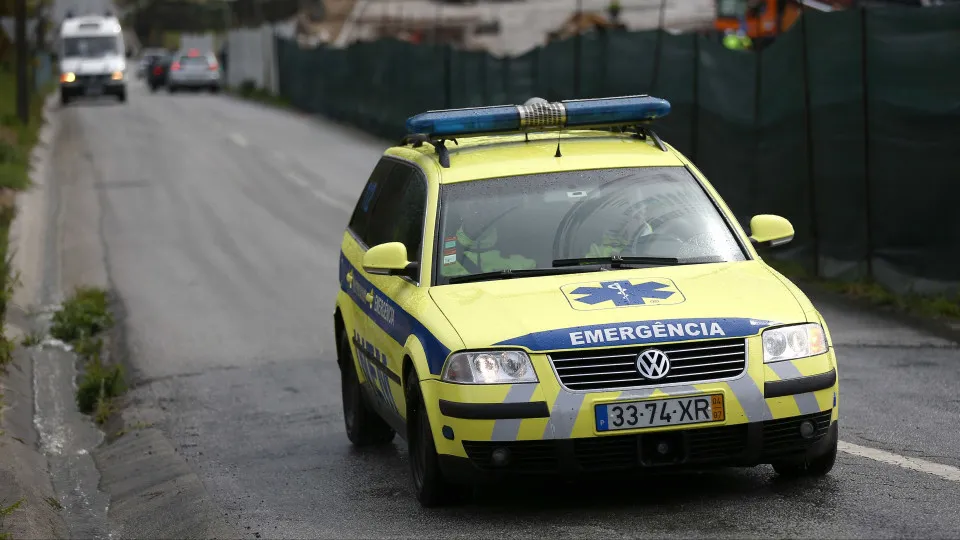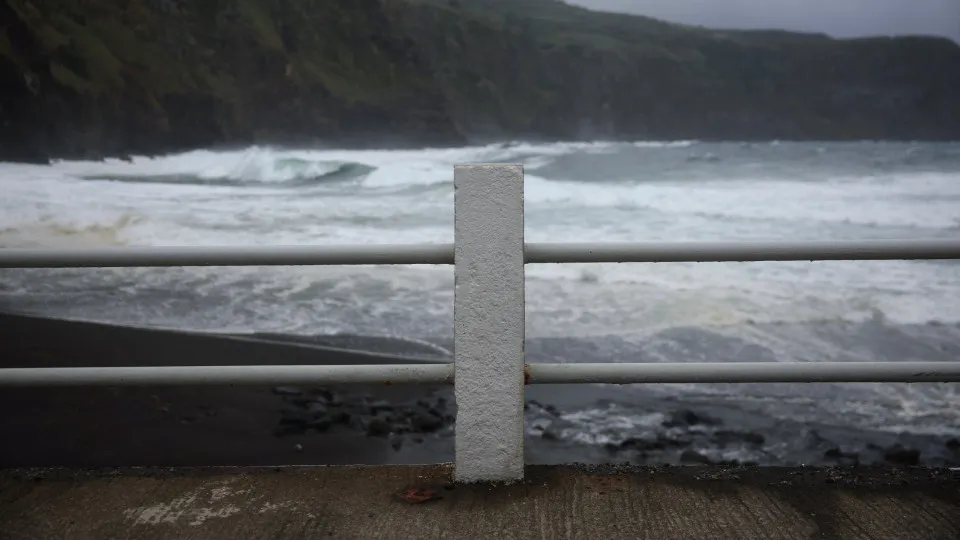
A Estratégia Única dos Direitos das Crianças e Jovens (EUDCJ) was approved in February, with an action plan finalized on September 19 to implement various measures between 2025 and 2030.
Speaking to Lusa, the Secretary of State for Social Action and Inclusion emphasized the government’s commitment to expand family foster care, increasing the number of families available to host children or young people removed from their biological families.
“We aim to increase family foster care, especially for children aged zero to six, reaching up to 90%,” stated Clara Marques Mendes.
The Annual Characterization Report of the Situation of Reception of Children and Young People for 2024 indicated that 361 children were in foster families, while 5,988 were institutionalized.
The report also noted that “children under six were mostly in Care Homes (76.3%) and Foster Families (18.5%, +7.5% from the previous year).” This implies the government aims to raise this from 18.5% to 90% over five years.
The Secretary of State mentioned plans to increase the number of Family Support and Parental Counseling Centers (CAFAP).
Clara Marques Mendes stated that the action plan intends to create specialized mental health responses for children in the foster system, assessing whether to initiate this as a pilot project and determining the children’s exact needs.
She emphasized that “the strategy strongly focuses on mental health issues” for children, with plans to “increase the number of psychologists in schools,” changing the ratio from one psychologist per more than a thousand students to one per 500 students.
The Secretary of State assured that the rights of children with disabilities and special educational needs are covered in the strategy and its plan of action, stating that all existing responses for disabled people are being evaluated from birth to the end of life, in collaboration with the Ministry of Education.
“We realize there is little coordination among responses; one ends and then it seems nothing exists. We want there to be coordination between various responses throughout people’s lives,” she explained.
While unable to provide more details, she guaranteed a “significant concern” exists and the goal is “to increase the number of available responses for people with disabilities.”
Clara Marques Mendes also mentioned ongoing changes to the rules of Activity Centers and Inclusion Training (CACI) to include children and young people with profound disabilities.




